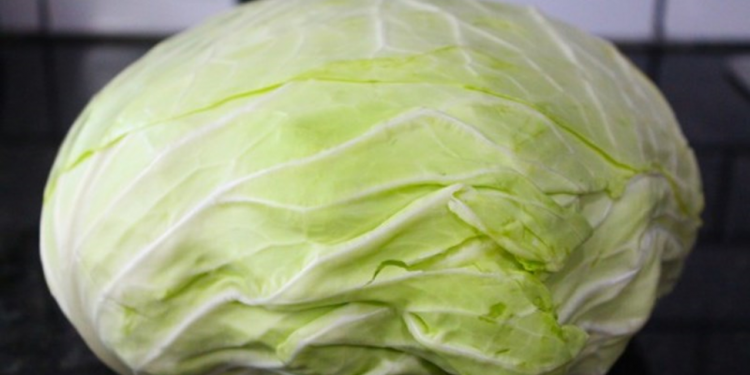In a small corner of West Sonoma County, California, farmer Leslie Wiser is cultivating more than just vegetables—she’s cultivating a connection to her heritage. On her 3-acre farm in Sebastopol, Wiser grows a variety of Asian vegetables that remind her and many others of home, even as she builds a sustainable business in a region not known for these crops. Wiser’s farm is a reflection of her personal journey, one that began with a desire to reconnect with her Taiwanese roots, and is now blossoming into a mission to share that heritage with others in her community.
Wiser, who grew up in the Midwest as the daughter of a Chinese-Taiwanese mother and a father of German-Polish-Jewish descent, had little exposure to the foods of her Asian heritage. Her parents, who had fled conflict, rarely spoke of the past, leaving Wiser disconnected from her cultural roots. It wasn’t until a conversation with a friend about Gai lan (Chinese broccoli) left her feeling ashamed of not knowing a common Asian vegetable that her curiosity and desire to explore her background were fully ignited.
In 2018, Wiser decided to take a bold step. After leaving a career in the corporate world, she and her two young children moved to Taiwan, where they enrolled in a Mandarin preschool. The trip proved to be pivotal, not just for language learning but for inspiration. “They had a little culinary garden,” Wiser recalls. “And it was really cool to see the vegetables that they were growing.” This experience influenced her decision to start her own farm, growing the crops she had discovered in Taiwan, but couldn’t easily find back in the U.S.
Today, Wiser’s farm produces an array of vegetables that are difficult to source locally, but hold deep cultural significance to many Asian families. Among her crops are Taiwanese flat cabbage, Bok choy, bitter melon, celtuce, and even Sichuan peppercorns and chrysanthemum tea. For Wiser, these are more than just crops—they’re living connections to her past and a way to preserve the culinary traditions of her Taiwanese heritage.
Wiser’s focus on growing these culturally significant vegetables has resonated with Asian communities across the Bay Area, many of whom struggle to find familiar ingredients in local grocery stores. This demand has provided a strong market for her farm’s produce, and she has found joy in sharing these vegetables with people who appreciate their cultural importance.
But Wiser’s journey is also about the future. As she continues to refine her farm, she is committed to sustainability, ensuring that her methods are ecologically sound. “Now it’s really just finding pleasure in the farming,” Wiser says, “and making sure that the business is viable and changing to a more sustainable direction.”
Wiser’s efforts are part of a broader trend toward small-scale, diversified farming that focuses on niche markets and sustainability. In recent years, many farmers have been turning to regenerative practices and diversifying their crop selection to cater to growing interest in locally grown, culturally important foods. By doing so, Wiser is not only reviving her own cultural connection but also contributing to a movement that seeks to make agriculture more environmentally responsible and community-focused.
Leslie Wiser’s farm in West Sonoma County is a testament to the power of agriculture as a means of reconnecting with one’s roots. By growing hard-to-find Asian vegetables, she has revived her connection to Taiwanese heritage while serving the needs of a culturally diverse community. As she continues to transition her farm toward greater sustainability, Wiser is showing that small-scale farming can be both a deeply personal endeavor and a model for environmentally responsible agricultural practices. For Wiser, farming has become more than just a profession—it’s a way to honor her past, support her community, and build a sustainable future.































